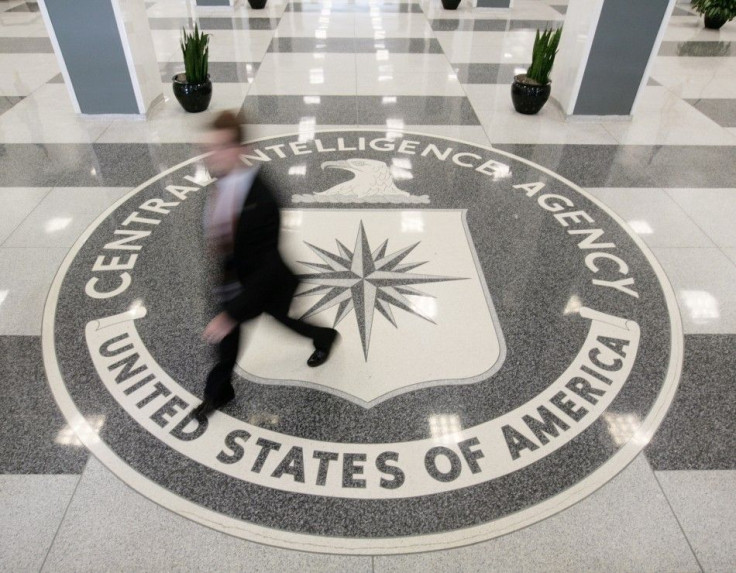Bush Administration's Interrogation Techniques Were Illegal: Secret Memo

The Bush administration did not have legal grounds to approve the Central Intelligence Agency's enhanced interrogation techniques, a newly released memo written by a State Department official declared.
In the administration's view, techniques such as waterboarding were not prohibited under the Convention Against Torture, an international treaty signed by the United States, because the CIA used them when questioning suspects in foreign countries. But a 2006 memo by Philip D. Zelikow, who was then serving as a counselor on terrorism issues to Secretary of State Condoleeza Rice, dissented from that interpretation.
Led by Republican Sen. John McCain, the Senate in late 2005 voted overwhelmingly to curb the administration's authority over interrogation methods. The Detainee Treatment Act prohibited cruel, inhuman, or degrading treatment or punishment of detainees in U.S. custody, using language lifted from the Convention Against Torture.
Zelikow's memo argued that the situation has now changed as a result of the law's passage. He contended that some of the techiques embraced by the Bush administration violated the cruel, inhuman or degrading treatment standard, even if they did not rise to the level of torture.
Under American law, there is no precedent for excusing treatment that is intrinsically 'cruel' even if the state asserts a compelling need to use it, Zelikow wrote.
We are unaware of any precedent in World War II, the Korean War, the Vietnam War, or any subsequent conflict for authorized, systematic interrogation practices similar to those in question here, even where the prisoners were presumed to be unlawful combatants, he added later.
The State Department released the memo in response to Freedom of Information Act requests filed by the National Security Archive, an organization that advocates for government transparency.
I believe that the Department of Justice's opinion was an extreme reading of the law and because the Justice Department opinion was secret, the only way the president could hear an alternative interpretation was for someone like me to offer it, Zelikow told the Associated Press.
© Copyright IBTimes 2025. All rights reserved.





















